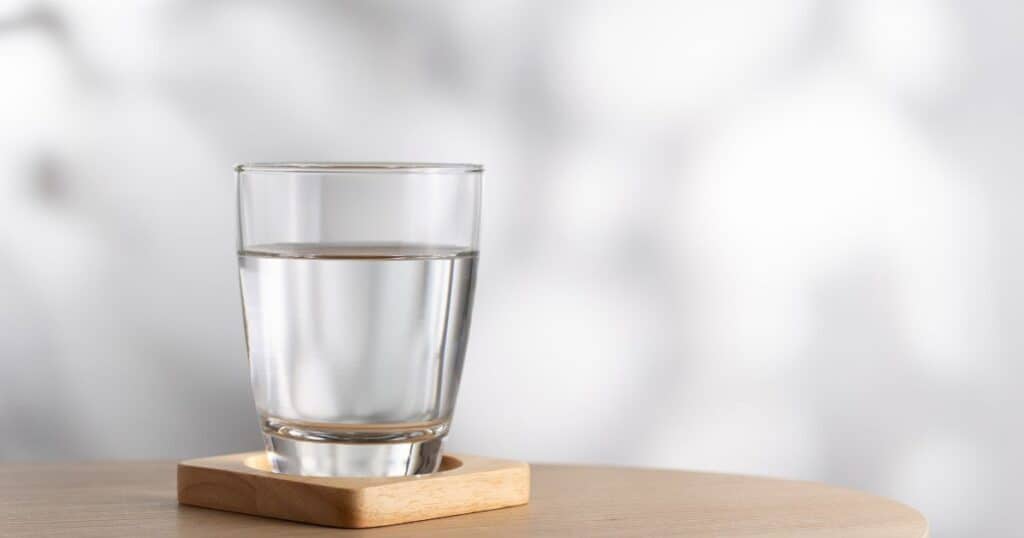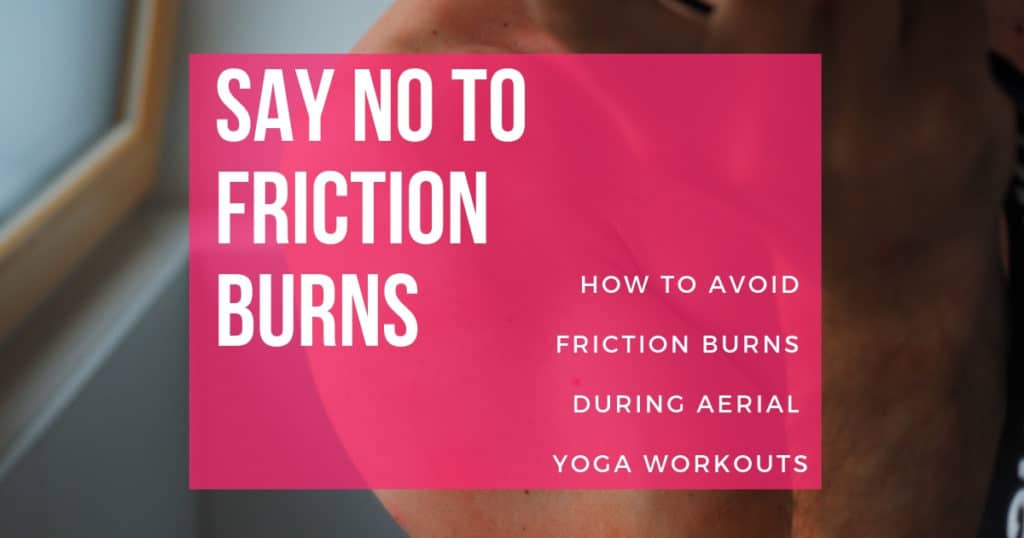The winter months can be harsh on our bodies and minds, but there are plenty of things you can do to help yourself feel better. Hopefully none of them involve lying on the sofa with a packet of biscuits!
With the wind getting stronger and the rain hitting harder many of us have to endure a cold winter season. It is important for us to remember that the change in our environment isn’t just physical, it’s also mental and spiritual. As the weather gets cold, most of us try to find ways to warm up, like having extra blankets on in the evening or eating hot food more often, but when our body begins to feel better in general a lot of times we forget about looking after our minds and spirits.
It’s easy to get drawn into the commercialism of Christmas and forget that the holiday season is a great time to look after your body, mind and spirit.
Consume less news.
Our phones are usually one of the first things we reach for in the morning.
We use our phones for so many things, but one of the biggest uses is connecting us to the world. We use them to connect with friends, family and co-workers. We also use them to keep up with the latest news and trends.
But sometimes, it feels like it can be too much. The constant stream of news updates and social media posts can be overwhelming and even stressful. If you’re feeling like your phone is getting in the way of your mental health, here are a few steps you can take to cut back on screen time:
- Cut down on news consumption
- Turn off push notifications from apps that send them too frequently (like Twitter or Facebook)
- Use airplane mode when you’re not using your phone (e.g. overnight)
Be kind to yourself.
You are not alone.
You hear that a lot in the media and on social media, yet it’s something we forget when life gets tough. We’re all in this together, so remind yourself of that! It’s also incredibly important to remember that you are not a failure or bad person if something isn’t working out for you right now. We have all been there and we have all been through hard times before; no one is immune from pain and suffering, but we can still rise above it and be happy again.
Remember: You deserve happiness and contentment! There is nothing wrong with wanting more from life than what you currently have—in fact, it shows how strong-willed and determined you are to reach those goals—and there is no reason why you should settle for mediocrity when the world has so much beauty in store for everyone who wants it badly enough.
Call someone.
When you’re feeling down, talking to someone can help. It’s good to have a list of people you can call when life gets hard. Make your list and keep it somewhere where it’s easy for you to see it.
I know, I know, we just said to use your phone less. But this is about communication, the thing your phone was originally intended for, not scrolling aimlessly! It is a phone after all, not an Instagram machine.
- Who do you want on this list?
- Why do they make the list? (Think about how you feel when talking to each person.)
- When was the last time you spoke with them? If it’s been a while, why don’t we set up something for next week?

Write down your symptoms if you’re unwell and keep track of the things that tend to make you feel better.
It’s important to keep a journal if you’re unwell. Write down your symptoms and keep track of the things that tend to make you feel better, so that next time you’re ill, you can use this information to help speed up the recovery process.
A journal is also beneficial for other reasons: for example, it allows you to reflect on your daily life and work out how much sleep or exercise you need in order to be at your best.
Help other people when you can.
Be kind. Be generous. Be thoughtful, especially to your friends and family. And don’t be afraid to ask for help when you need it.
This is a time of giving and receiving, so why not make use of that? If you’re feeling under the weather, let someone else carry things while they walk with you to catch the bus or train (you know who I’m talking about). Offer up your seat on public transport; if there’s no room left in your bag after buying everyone coffee because they were nice enough to help out with those heavy groceries, take them anyway! It doesn’t matter if it’s just one person at first—the idea is simple: do good deeds without expectation of reward or recognition.
And remember: even though this may be an effortful task at times, it’s ultimately worth it in the end—both spiritually and physically!
Stay hydrated.
The first step to preserving your energy is to drink enough water. The recommendation is six to eight glasses of water a day but, if you’re exercising or feeling particularly hot, it’s important to top up with more than that. If you’re thirsty, then drink!

If you’re feeling unwell, especially with a cold or flu-like symptoms (coughing and sneezing), drinking plenty of fluids will help keep your body well hydrated as well as helping to flush out toxins from the body.
When we exercise our bodies produce sweat which can lead us feeling dehydrated if we don’t replace the fluid lost through sweating quickly enough. It’s important therefore to make sure that you rehydrate after exercise by drinking around 500mls within 20 minutes of finishing your workout session.
If things are getting on top of you, talk to someone about how you’re feeling.
If things are getting on top of you, talk to someone about how you’re feeling. It can be scary to open up, but it’s important to talk about how you’re feeling and what’s going on in your life.
Don’t keep it bottled up inside! You can talk with a friend or family member; ask them for help or advice if needed. If that doesn’t work, try seeing your doctor or therapist and explaining how you’re feeling. Or go straight to the source: tell your boss exactly what’s been happening and they may be able to help you out with any personal issues (like having too much work). You can also find support online through forums such as Reddit or Twitter where people have shared their experiences with mental health problems before – this could help other users understand what is going on with them too!
Get outside where possible.
Get outside where possible. Spending time in the sun is important for your body’s circadian rhythm, which controls your sleep-wake cycle and regulates the production of melatonin, the hormone that helps you fall asleep. But when it’s cold out and you don’t want to leave the house (or just don’t have time), a good artificial light box can mimic natural sunlight and aid with melatonin regulation.
If getting outside isn’t an option, try getting as close as possible by going for walks around your neighborhood or even taking a walk around the block if it’s raining or too cold for outdoor activity. This doesn’t have to be an hour long; even 10 minutes can help improve moods!
Spend time with friends and family members who make you feel good about yourself!

Eat a balanced diet and don’t skip meals.
Eat a balanced diet. It’s important to get all the nutrients you need, so make sure you’re eating a variety of food from each group.
Don’t skip meals. Having regular meals and snacks can help keep your energy levels up, which is especially important when the weather is cold and damp outside!
Avoid junk food and sugary treats in favour of healthier snacks like fruit or nuts. These will give you energy without filling up on empty calories that leave you feeling sluggish after only an hour or two.
It’s also a good idea to cut down on salt, fat and dairy if possible as these things are known to cause health problems in people who eat too much of them over time – such as high blood pressure (hypertension) or heart disease – as well as making it harder for our bodies to lose weight when needed
Keep up with exercise as much as you can – even small changes like walking more seem to help, according to the latest research.
Keep up with exercise as much as you can – even small changes like walking more seem to help, according to the latest research.
Eat regularly and healthily (but not too often). If you’re not hungry, don’t force it!
Avoid caffeine and alcohol, as both can affect your sleep quality.
Stretch regularly
Stretching regularly is good for your body. It helps to keep muscles and joints flexible, which can help you feel more relaxed and recover from injury.
Stretching also releases tension from the body, making it easier to sleep at night. If you have trouble sleeping, try doing some gentle stretches before bedtime or listen to a guided mindfulness meditation on your phone as you relax in bed.
Perform inverted poses using your aerial silks
Aerial silks is one of the most versatile pieces of fitness equipment for your home, gym or studio. It can be used for stretching, strengthening and challenging strength-based poses, with many variations that you can perform at whatever level is right for you.

Here are some tips on how to get started:
Start with a basic aerial silks routine at home to learn the basic moves, then progress by adding difficulty levels (such as adding a footless or single-leg variation) as you improve.
Try including vertical stretches into your routine every other day until it becomes second nature—you’ll soon find yourself craving them!
If possible, add an inverted pose at least once per week—this can help improve flexibility in your spine and hips while also relieving stress on the body from gravity’s pull!
Related: Best Yoga Swings for Home Use
You’ll find it easier to look after yourself if you work on the little things first
You’ll find it easier to look after yourself if you work on the little things first. They may seem insignificant, but they’re actually the most important.
You can’t do everything at once—it’s not possible and would be counterproductive to try. It’s better to do something than nothing at all, even if it’s just washing your face or drinking a glass of water every day. The key is to make small changes that are manageable and sustainable in order to create big impacts over time. For example:
Take a moment each morning before you leave your home or apartment and consider how you want your day to go—what kind of mood would make this happen? What tasks will help bring this about? Write down three things that are really important as well as three things that need doing today (and make sure there’s an overlap between these two lists).
This process helps us plan our days more effectively while also making sure we’re sticking with our goals for self-care!
Conclusion
I hope you found these tips useful. And if you need more support, try looking online for a local yoga class or massage therapist – they’ll be able to offer you advice and guidance on how to deal with stress and anxiety.
This article is tagged with:







